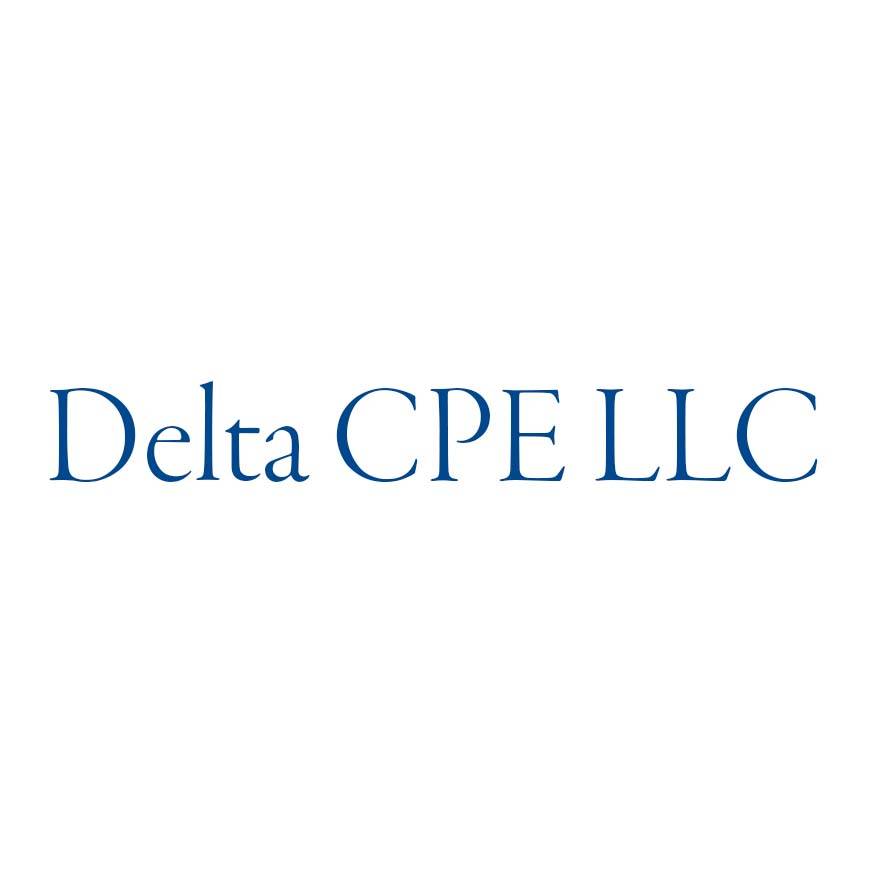Self-Study
Financial Forecasting: Tools and Applications
Forecasting techniques for all management levels with emphasis on finance, operations, and supply chain predictions.
$232.00 – $262.00
Webcasts are available for viewing Monday – Saturday, 8am – 8pm ET.
Without FlexCast, you must start with enough time to finish. (1 Hr/Credit)
Please fill out the form below and we will reach out as soon as possible.
CPE Credits
8 Credits: Finance
Course Level
Overview
Format
Self-Study
Course Description
Business and financial forecasting is of extreme importance to managers at practically all levels. It is required for top managers to make long-term strategic decisions. Middle management uses sales forecasts to develop their departmental budgets. Every other plan such as a production plan, purchasing plan, manpower plan, and financial plan follows from demand forecasting. The critical element in any supply chain plan is the demand forecast. The goal of Financial Forecasting: Tools and Applications is to provide a working knowledge of the fundamentals of business forecasting that can be applied in the real world regardless of firm size. We walk you through basic forecasting methodology, and then practical applications. This finance and accounting CPE course encompasses a wide range of topics of major importance to practical managers in all functional areas, including cash flow forecasting, cost prediction, earnings forecasts, bankruptcy prediction, foreign exchange forecasting, interest rate forecasting, and technological forecasting.
Learning Objectives
Upon successful completion of this course, participants will be able to:
Chapter 1
- Identify various aspects of forecasting methods.
Chapter 2
- Identify the important steps to budgeting;
- Recognize the value of sensitivity analysis; and
- Identify factors in the computation of business valuation.
Chapter 3
- Recognize the features of naive forecasting models; and
- Recognize smoothing techniques.
Chapter 4
- Identify the basic components of the time series data;
- Recognize the steps to perform decomposition of time series; and
- Recognize life cycle stages for new products.
Chapter 5
- Identify assumptions use to forecast sales with the Markov model;
- Understand the value of performing market surveys for forecasting;
- Recognize methods of comparing a predicted forecast change with the observed change; and
- Identify how to measure and rank accuracy of forecasts.
Chapter 6
- Identify the value of a combination method of sales forecasting;
- Recognize the use of different econometric models; and
- Identify some sources of economic data that can be used to improve forecasts.
Chapter 7
- Identify the steps in projecting financial needs for the firm;
- Recognize the implication of earnings forecasts and the Sarbanes-Oxley Act requirements;
- Identify different sources provided from security analysts for earnings projections; and
- Identify benefits and methods of forecasting the cash collection pattern.
Chapter 8
- Differentiate the costs found in a company;
- Recognize different methods for estimating costs; and
- Identify bankruptcy prediction models and the limitations of some methodologies.
Chapter 9
- Recognize the reasons for managers to forecast the foreign exchange rates.
Chapter 10
- Identify the different aspects of interest rate forecasts;
- Identify characteristics and accuracy of technological forecasting; and
- Identify the trends that affect the future of forecasting.
Course Specifics
323356322
December 11, 2023
Basic Accounting.
None
202
Compliance Information
CMA Notice: Western CPE makes every attempt to maintain our CMA CPE library, to ensure a course meets your continuing education requirements please visit Insitute of Management Accountants (IMA)
CFP Notice: Not all courses that qualify for CFP® credit are registered by Western CPE. If a course does not have a CFP registration number in the compliance section, the continuing education will need to be individually reported with the CFP Board. For more information on the reporting process, required documentation, processing fee, etc., contact the CFP Board. CFP Professionals must take each course in it’s entirety, the CFP Board DOES NOT accept partial credits for courses.
Meet The Experts

For many years, Delta CPE LLC has offered a wide variety of continuing education courses for financial professionals. Topics covered by Delta’s courses include accounting, financial management, budgeting, investments, financial statement reporting, business management, IFRS, ethics, valuations, real estate, and business writing. The diversity and breadth of Delta’s course offerings make the company a prolific and unique contributor to the CPE world. Delta’s well-credentialed authors and contributors have also been published in numerous academic and professional journals and quoted by some of the leading financial media outlets.
Related Courses
-
 Finance
Finance
The CFO Guidebook
Steven M. Bragg, CPA QAS Self-Study
Credits: 22 $440.00
QAS Self-Study
Credits: 22 $440.00$440.00 – $480.00
-
 Finance
Finance
Personal Financial Planning for Accountants
Delta CPE LLC QAS Self-Study
Credits: 17 $391.00
QAS Self-Study
Credits: 17 $391.00$391.00 – $431.00
-
 Finance
Finance
Real Estate Financing and Investment
Delta CPE LLC QAS Self-Study
Credits: 4 $116.00
QAS Self-Study
Credits: 4 $116.00$116.00 – $136.00
